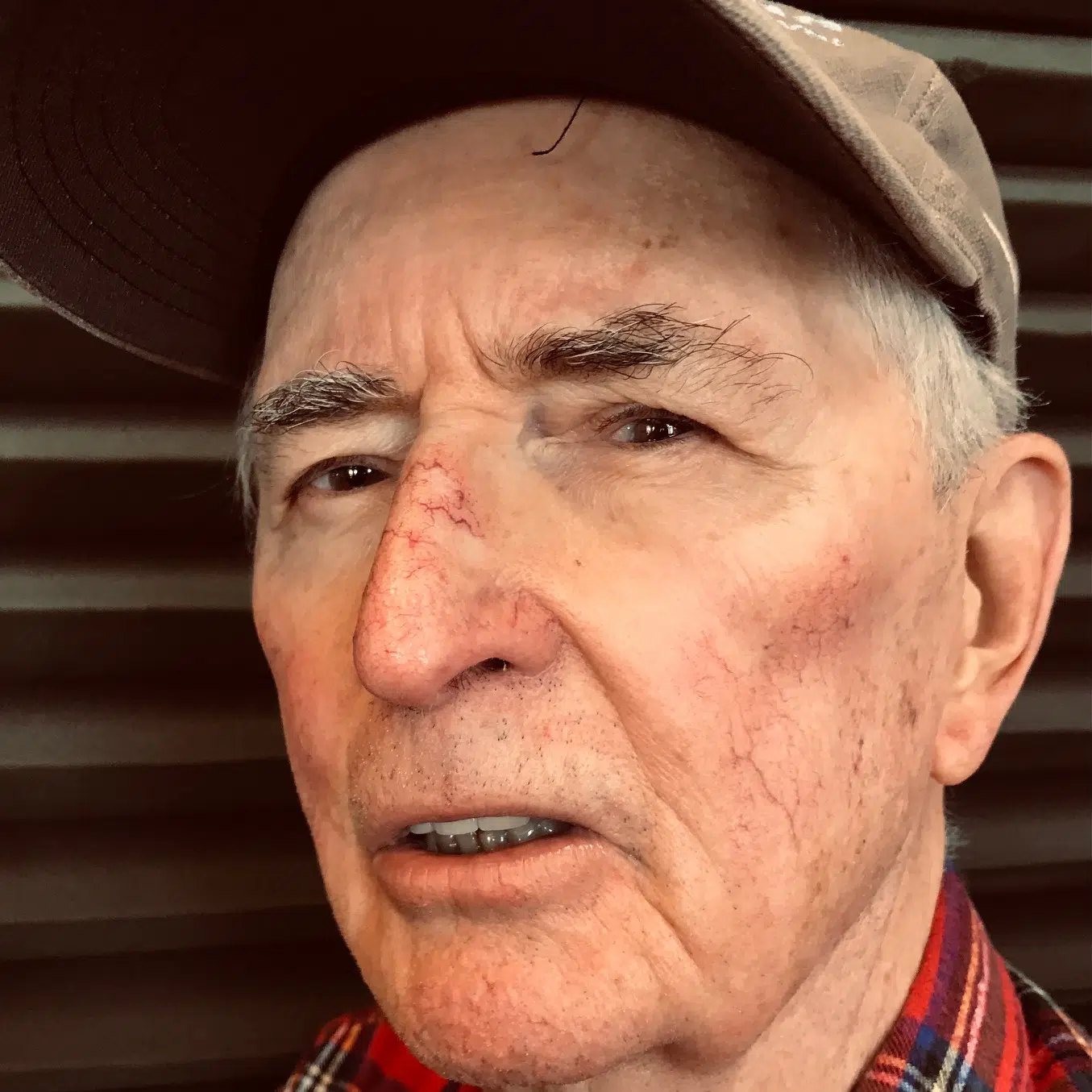By Natalia Zinets and Andrea Shalal
KYIV/LVIV, Ukraine (Reuters) – The U.N. chief and the presidents of Turkey and Ukraine discussed ways to end the war started by Russia and secure Europe’s largest nuclear power station, which has come under shelling at the front lines.
U.N. Secretary-General Antonio Guterres told reporters after talks in Lviv, Ukraine, on Thursday that he was gravely concerned by circumstances at the Zaporizhzhia nuclear plant and called for military equipment and personnel to be withdrawn.
Turkish President Tayyip Erdogan said he, Guterres and Ukrainian President Volodymyr Zelenskiy discussed building on recent positive atmosphere to revive peace negotiations with Russia that took place in Istanbul in March.
In a deal brokered by the U.N. and Turkey, Russia and Ukraine reached an agreement in July for Moscow to lift a blockade of Ukrainian grain shipments, and exports resumed at the beginning of August.
NATO member Turkey has maintained good relations with Russia, an important trade partner, and sought to mediate in the conflict, which began six months ago when Russian forces invaded neighbouring Ukraine.
“Personally, I maintain my belief that the war will ultimately end at the negotiating table. Mr Zelenskiy and Mr Guterres have the same opinion in this regard,” Erdogan said.
There was no immediate comment from Moscow.
At the same time, U.S. President Joe Biden’s administration is readying about $800 million of additional military aid to Ukraine and could announce it as soon as Friday, three sources familiar with the matter said.
Meanwhile, 17 people were killed and 42 injured in two separate Russian attacks on the major northeastern Ukrainian city of Kharkiv, the regional governor said on Thursday.
Three civilians were killed and 17 wounded in a pre-dawn rocket strike on Thursday, the local emergency service said. That followed a Russian attack on Kharkiv on Wednesday, in which the emergency service initially said 12 people were killed.
Also on Thursday, at least four explosions hit near a major Russian military airport on the Moscow-controlled Crimean peninsula, three local sources said. Ukraine has hinted it orchestrated other blasts over the last 10 days at other Russian installations in Crimea, which Moscow annexed in 2014.
The sources said Thursday’s explosions were near Russia’s Belbek military airport, north of the Black Sea fleet’s headquarters in Sevastopol.
Sevastopol governor Mikhail Razvozhayev, writing on Telegram, said Russian anti-aircraft forces downed a Ukrainian drone and no damage occurred.
FEARS OF NUCLEAR CATASTROPHE
Guterres reiterated calls for demilitarisation around the nuclear plant.
“The facility must not be used as part of any military operation. Instead, agreement is urgently needed to re-establish Zaporizhzhia’s purely civilian infrastructure and to ensure the safety of the area,” Guterres said.
Russia, which captured the plant in southern Ukraine soon after the Feb. 24 invasion, said it could shut it down – a move Kyiv warned would increase the risk of a nuclear catastrophe.
Moscow had earlier rejected as “unacceptable” international calls for a demilitarised zone. Ukrainian engineers are still operating the plant despite the Russian occupation.
The power station sits on the Russian-controlled south bank of a huge reservoir in Enerhodar; Ukrainian forces hold the north bank. Both sides have blamed the other for shelling at the plant.
Ukraine also accuses Russia of using the plant as a shield for its forces to launch strikes across the reservoir on Ukrainian-held cities, which Moscow denies.
Reuters cannot independently confirm the military situation in the area or responsibility for shelling.
Zelenskiy said after meeting Guterres that they had agreed parameters for a possible mission to the plant by the U.N. nuclear watchdog, the International Atomic Energy Agency.
“Russia should immediately and unconditionally withdraw its forces from the territory of Zaporizhzhia nuclear power plant, as well as stopping any provocations and shelling,” he said.
Earlier, he accused Russia of “nuclear blackmail”.
BLASTS IN CRIMEA
Moscow says its aim in Ukraine is to demilitarise the country and protect Russian-speakers on land that Russian President Vladimir Putin says historically belongs to Russia.
Ukraine and the West call it an unprovoked war of conquest. Ukraine shook off Russian domination when the Soviet Union broke up in 1991.
Russia has used Crimea to reinforce its troops fighting in other parts of Ukraine with military hardware, a process the Kyiv government is keen to disrupt ahead of a potential counter-offensive in southern Ukraine.
Ukraine has not officially claimed responsibility for a series of blasts in Crimea. Last week Moscow’s Saki air base was devastated by explosions that destroyed eight warplanes, according to satellite imagery.
Russia said this resulted from an accident, but Ukrainian officials suggested it was part of a special operation.
Separately, blasts rocked an ammunition depot on Tuesday at a Russian military base in the north of the Crimean peninsula.
Russia blamed saboteurs, a rare admission that armed groups loyal to Ukraine are damaging military logistics and supply lines on territory it controls. Power lines, an electricity substation, railway infrastructure and some residential housing were also damaged.
Russian state media speculated that saboteurs may have used small drones to bomb the ammunition depot.
(Reporting by Reuters bureaux; Writing by Cynthia Osterman; Editing by Grant McCool)


